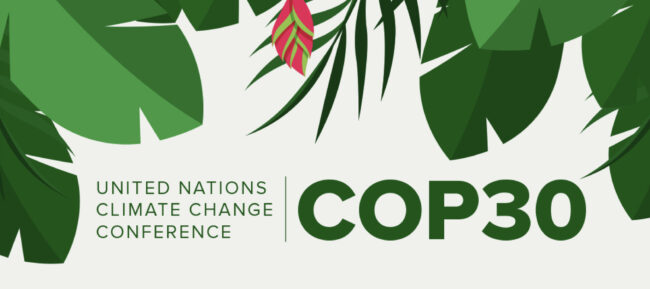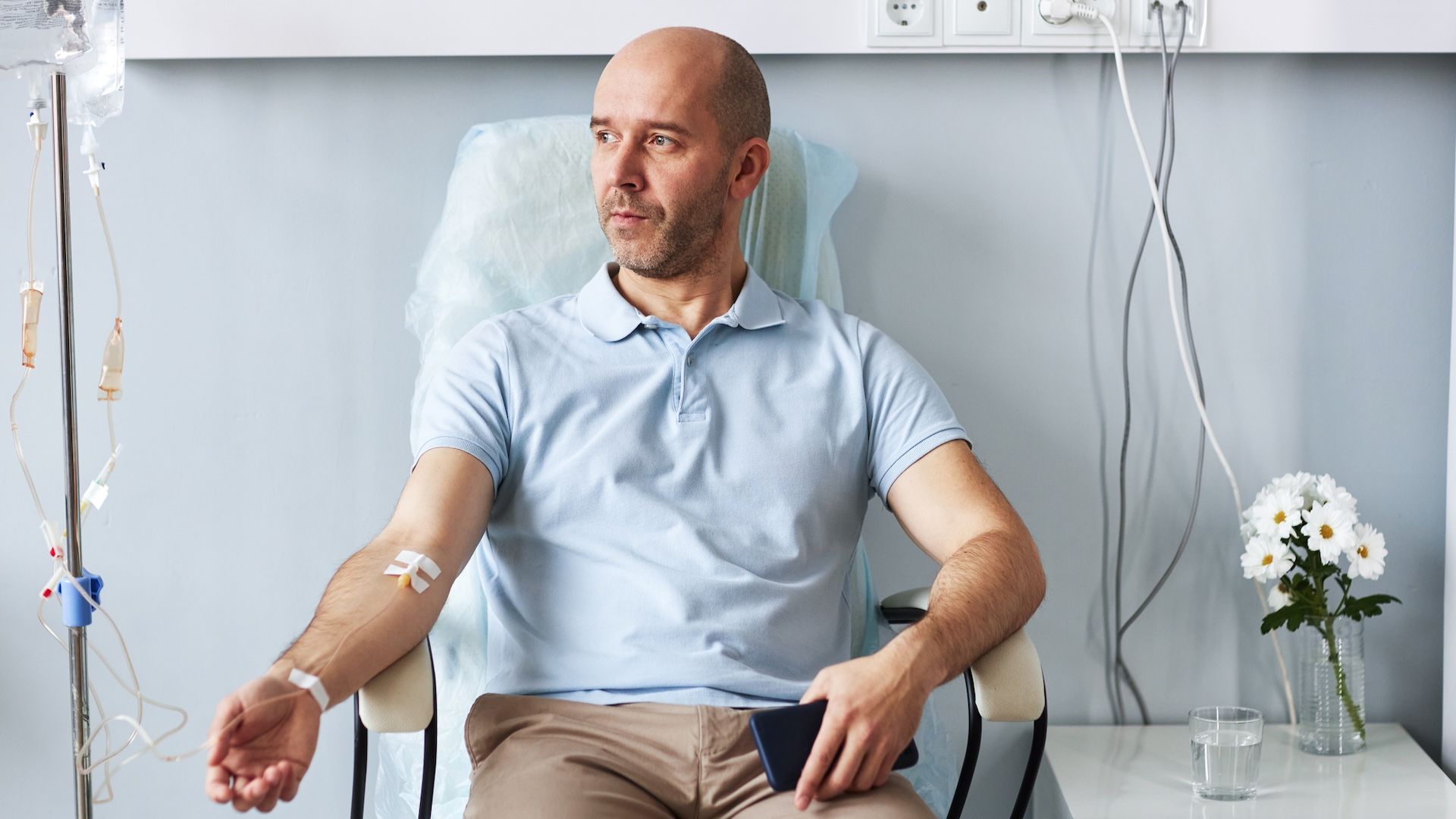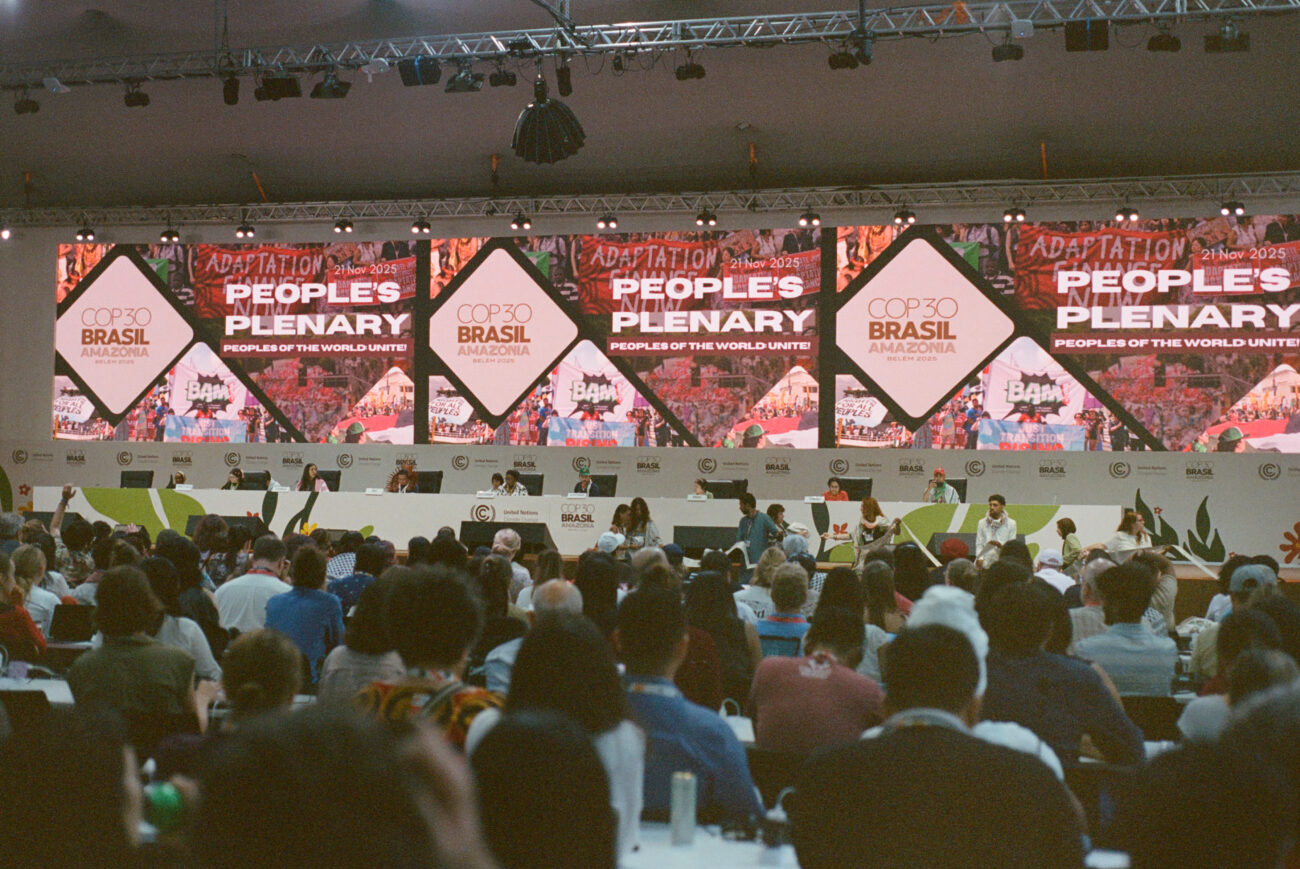
As the world turns its attention to Belém, Brazil, this November, COP30 marks a critical milestone in the global climate agenda. Low the Paris Agreementsigned a decade ago, the third round of Nationally determined contributions (NDC), that is, the national climate plans that define each country’s adaptation and mitigation commitments, are now due. Under the agreement, countries must submit new NDCs every five years, with the idea that each round of commitments must be more ambitious than the previous one. Until now, 62 countries have presented their NDC 3.0but more than 60% of parties have yet to share any new climate action until 2035.
But this year’s conference takes place in the heart of the Amazon, a region characterized by enormous biodiversity and the resilience of its communities leading the way in climate action. With this as a backdrop, there is hope that COP30 will be a decisive space to announce new goals, track progress and align global efforts to avoid more intense climate disasters and protect future generations.
As the first COP held in the Amazon, COP30 will likely bring debates on the intersection of climate, nature and justice to the fore.According to the Brazilian government, Approximately 3,000 indigenous people will arrive in Belém next month and 1,000 participants are expected to take part in the official negotiations. Issues such as biodiversity conservation, indigenous communities and climate adaptation are likely to take center stage. In that sense, COP30 is not just another summit; It is an opportunity to translate ideas into transparent, effective and inclusive climate actions.
The global importance of the Amazon makes COP30 not only a space for negotiation but also a call to action to protect one of the most important carbon sinks and cultural treasures on the planet, and Brazil’s leadership is already setting the tone in this regard. He Tropical Forests Forever Fund (TFFF) is a Brazilian-led proposal that seeks to unlock innovative financing for the preservation of tropical forests, with 20% of the funds reserved for indigenous peoples. The mechanism, which will be launched at COP30, aims to raise $25 billion from investing nations and $100 billion from the private sector. Recently, the president of Brazil announced a contribution of one billion dollars, reinforcing its commitment to forest conservation.
COP30 is not just another summit; It is an opportunity to translate ideas into transparent, effective and inclusive climate actions.
Experts, students, and faculty leaders from the Climate School and the broader Columbia community will attend COP30 to help support a dialogue on ambitious, science-based solutions to the climate crisis, with the goal of informing decisions on energy transition, adaptation, and climate finance.
In the run-up to COP30, the Climate School launched the Countdown to the COP30 Seriesto create space for timely discussions around the COP. The series of three events brings together researchers, students and practitioners to explore the expectations, challenges and reflections of this important conference.
JOIN THE CONVERSATION: On Monday, October 27, the second panel of the Countdown to the COP30 Series will take place at 4:30 p.m. at the Forum. It will feature Columbia faculty experts discussing the university’s priorities for COP30; the role of academia in fostering innovative climate solutions; and what needs to happen in Belém to translate global negotiations into meaningful local actions.
Check out our infographic for other important COP moments throughout history.
#Road #Belém #State #Planet








